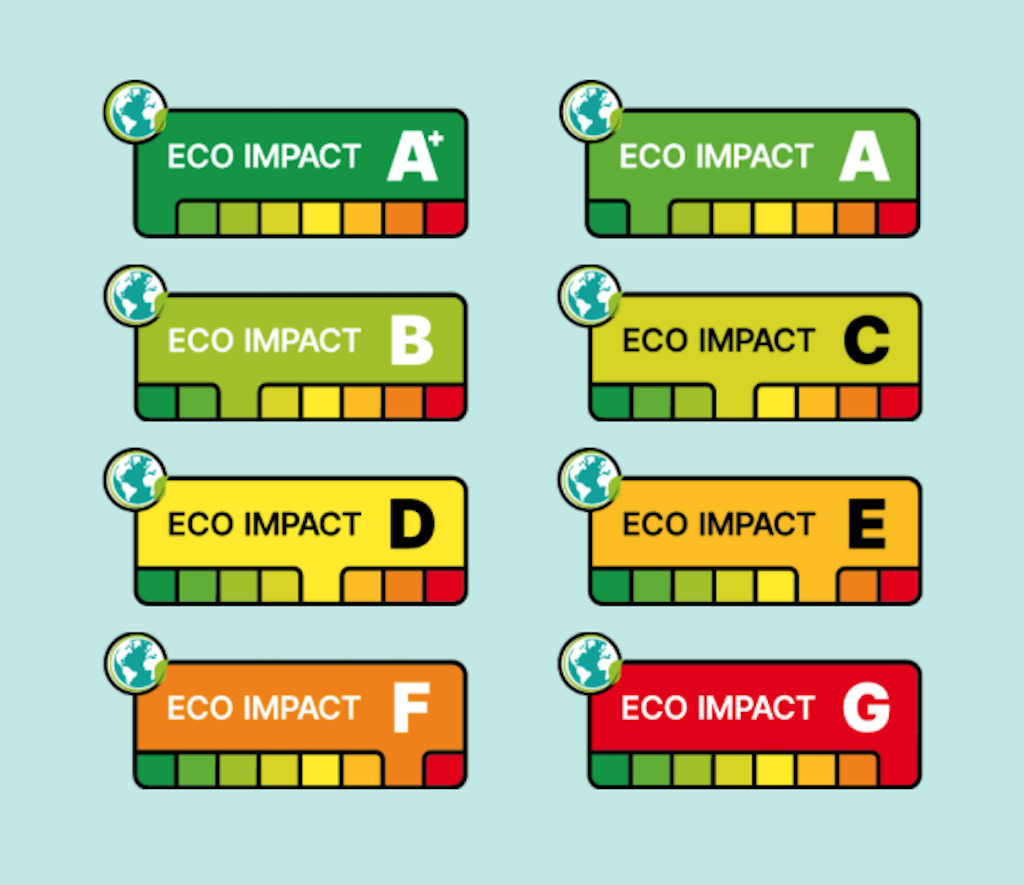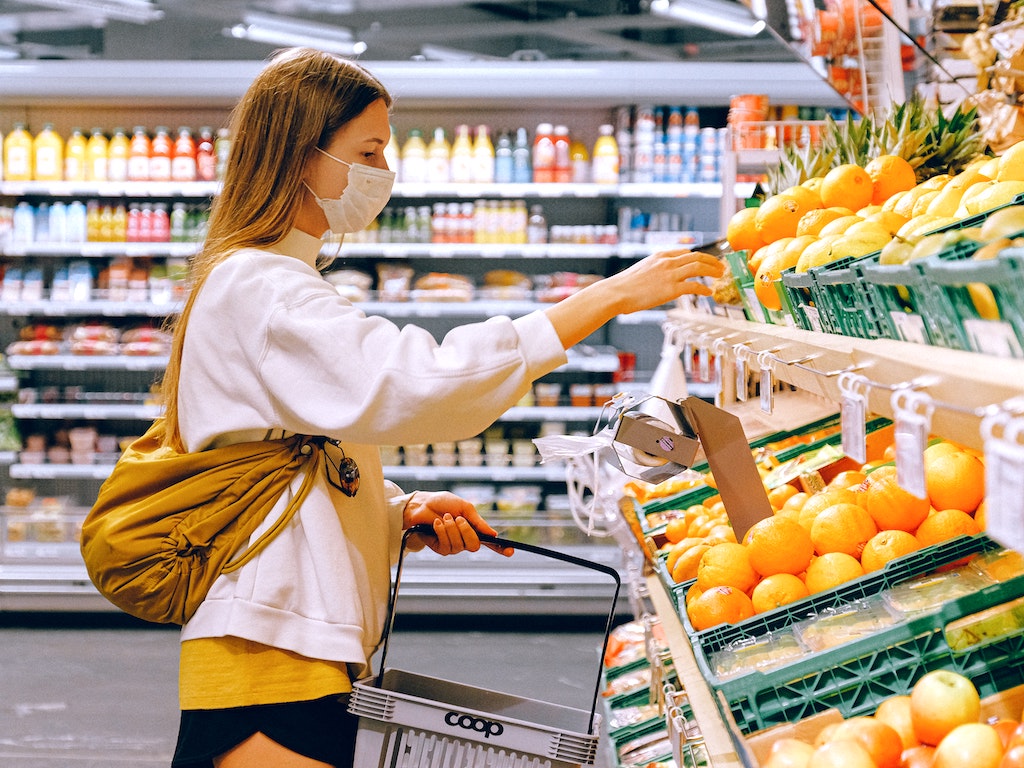3 Mins Read
It won’t be long before you can see how eco-friendly your supermarket haul really is. This September, food giants are signing up for the Foundation Earth project that will see front-of-pack environmental scores displayed across their products. It’s launching in the U.K. as part of a pilot run, before a Europe-wide rollout slated for 2022.
Food giants like Nestlé and Sainsbury’s are now on board with eco-labels. They have partnered with the Foundation Earth initiative to score products in terms of their environmental impact. From this September, food items will bear front-of-pack “traffic light” scores to indicate their carbon footprint.
Among some of the other retailers who are collaborating include M&S, Co-op, Tyson Foods, and Spanish grocery chain Eroski. These companies are going to “explore the potential for environmental labelling on food products” with the new scheme.
Traffic light scores
The pilot launch will see Nestlé embarking on a 9-month program, putting the labels on a number of its European brands. After the autumn trial, the project will kick off across European markets in 2022.
Foundation Earth’s traffic light system was inspired by research undertaken by Oxford University scientists and created by life cycle assessors at Mondra. Nestlé’s trial will help improve the accuracy of these scores even further, combining Mondra’s data with a system developed by EU-backed researchers EIT Food.

According to the nonprofit, both Mondra and EIT Food’s assessments are “unique globally”. Rather than using secondary data estimates, the systems compare products on their individual merits. They do this through a complete life cycle analysis of each item.
By 2022, the program says it’ll have created an “optimum and fully automated system” that will be widely circulated across the U.K. and Europe.
Read: Study – carbon emission labels on food impacts consumer choices
It will bring about a credible and clear front-of-pack environmental labelling system.
Andy Zynga, Chief Executive, EIT Food
Promoting sustainable consumption
At the core of the campaign is to promote sustainable consumption habits, particularly when it comes to food purchases. Globally, the food industry contributes up to 37% of the world’s greenhouse gas emissions. Without changing our habits and amid a rising population, this is set to rise by another 30% by 2050.
By giving consumers easy-to-understand information, Foundation Earth hopes to encourage more shoppers to consider greener food choices.
“We know food production can be a contributor to both carbon emissions and biodiversity loss, so this will help people make more informed choices,” commented Labour shadow secretary for environment Luke Pollard MP.
“People want to do what they can to tackle the climate crisis and help the environment. But at the moment they don’t have the information they need to make more sustainable buying choices.”
Read: Consumers want footprint labels to help them choose sustainable products, poll finds

At the moment, [people] don’t have the information they need to make more sustainable buying choices.
Luke Pollard MP
Incentives for eco-friendly food innovation
Eco-labels will also encourage food producers to design more climate-friendly products in an effort to obtain the coveted “green light”.
Professor Chris Elliott, chair of the Foundation’s scientific advisory committee, says that this system “based on the core principles of integrity” will make brands pay more attention to transparency.
Andy Zynga, chief of EIT Food, agreed, saying it’ll drive more accountability from food companies. “It will bring about a credible and clear front-of-pack environmental labelling system,” commented Zynga.
“[It brings] together the major players from the world of science, food production and retailing and will provide…the tools to drive sustainable innovation.”
Lead image courtesy of Pexels.




